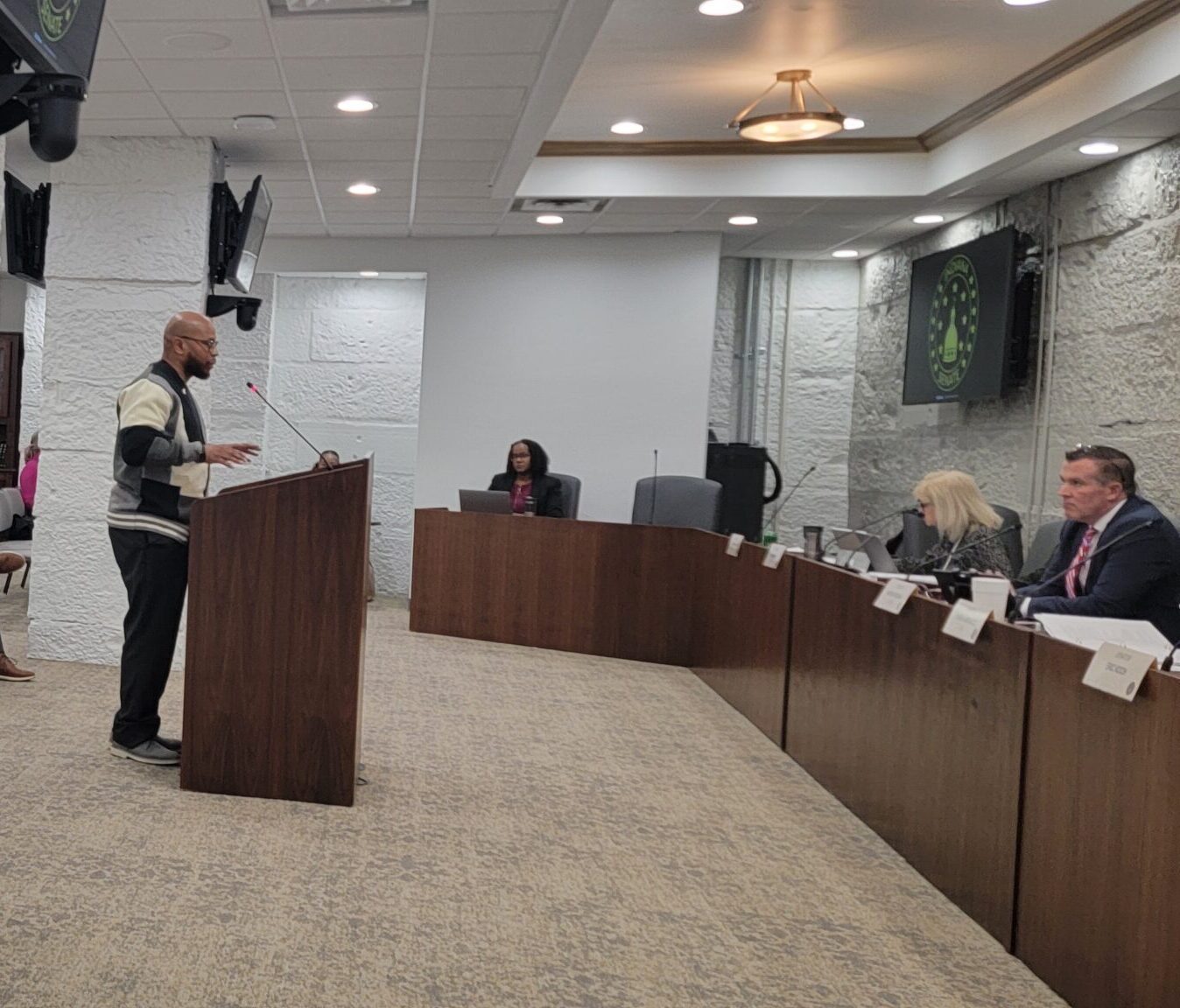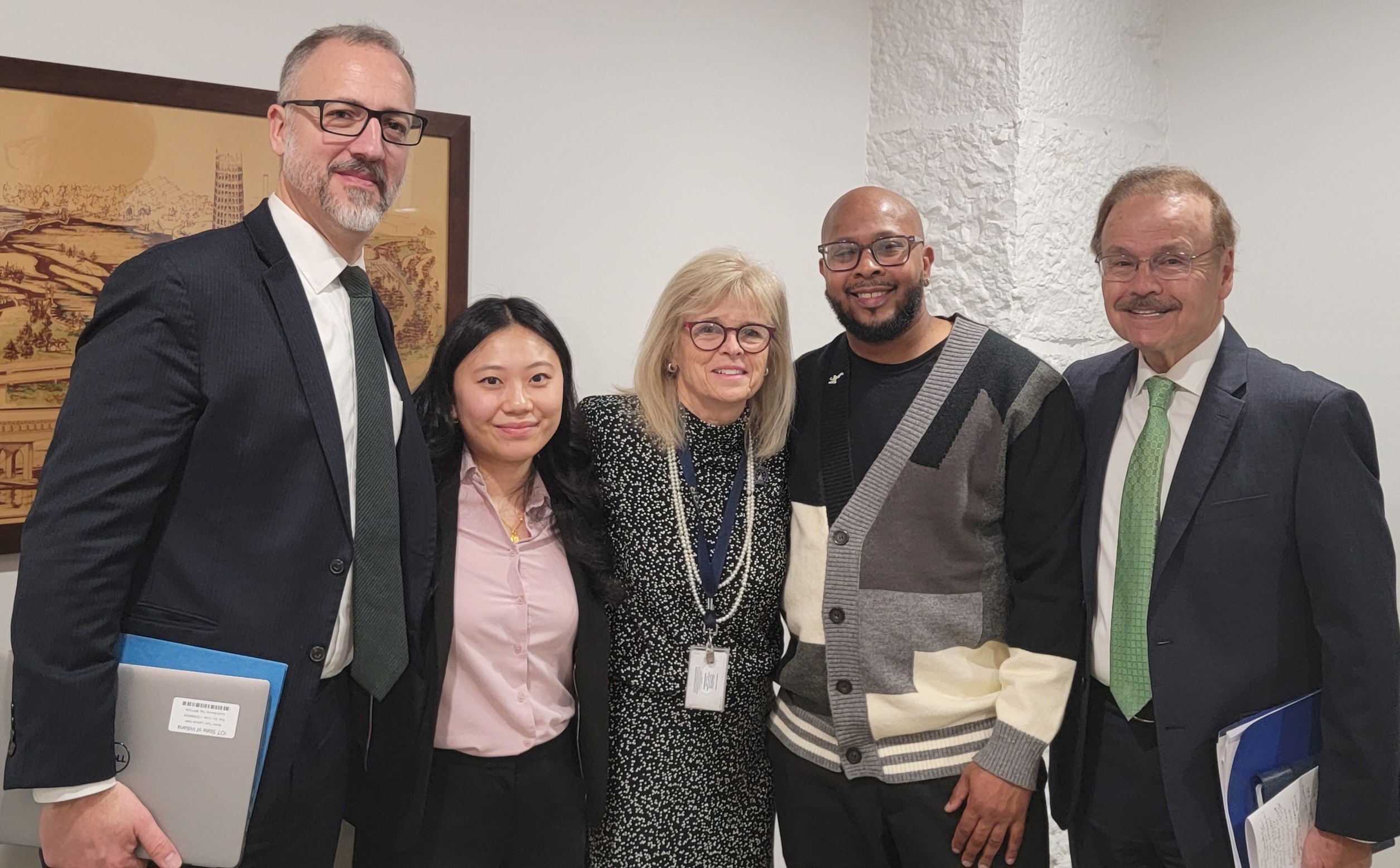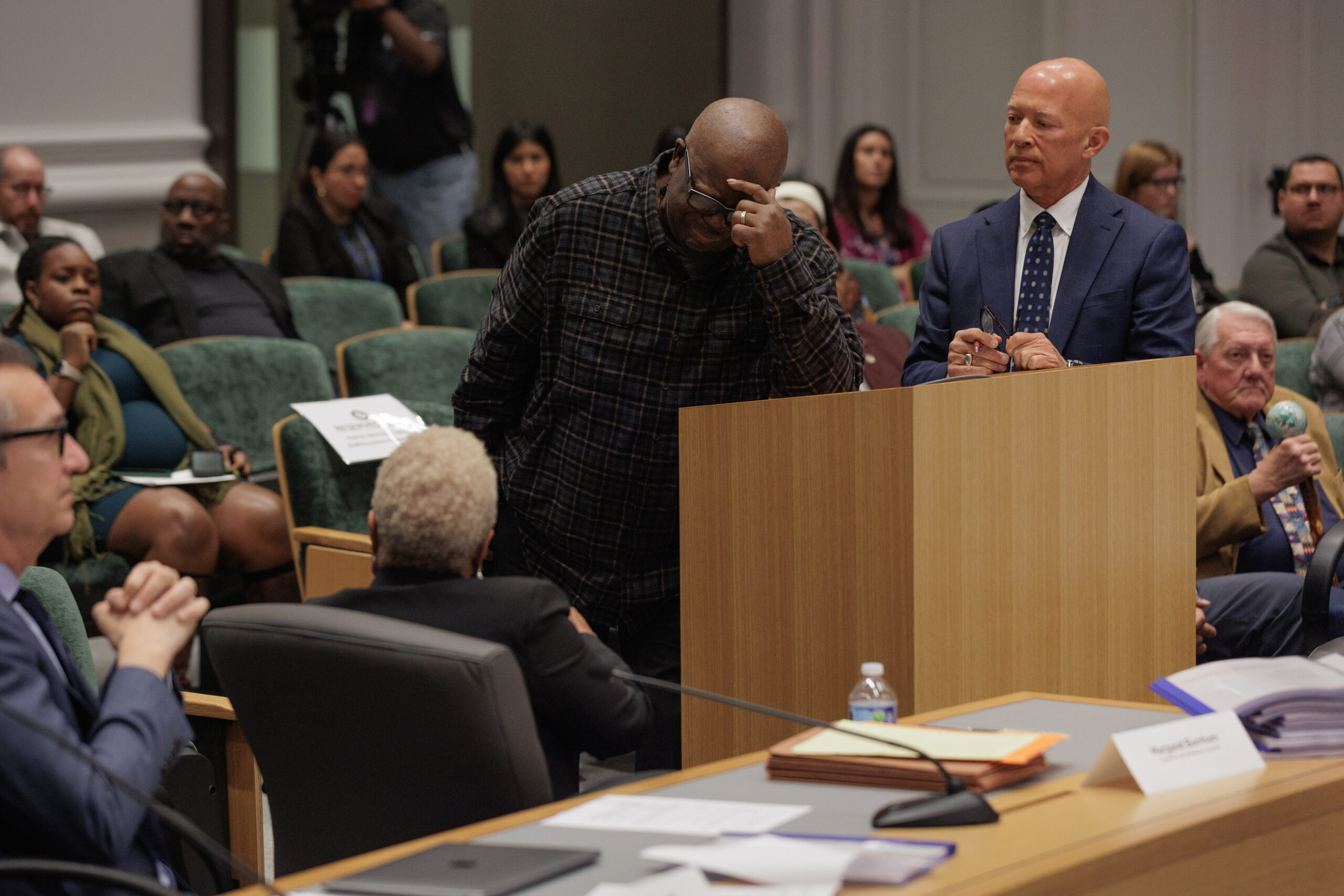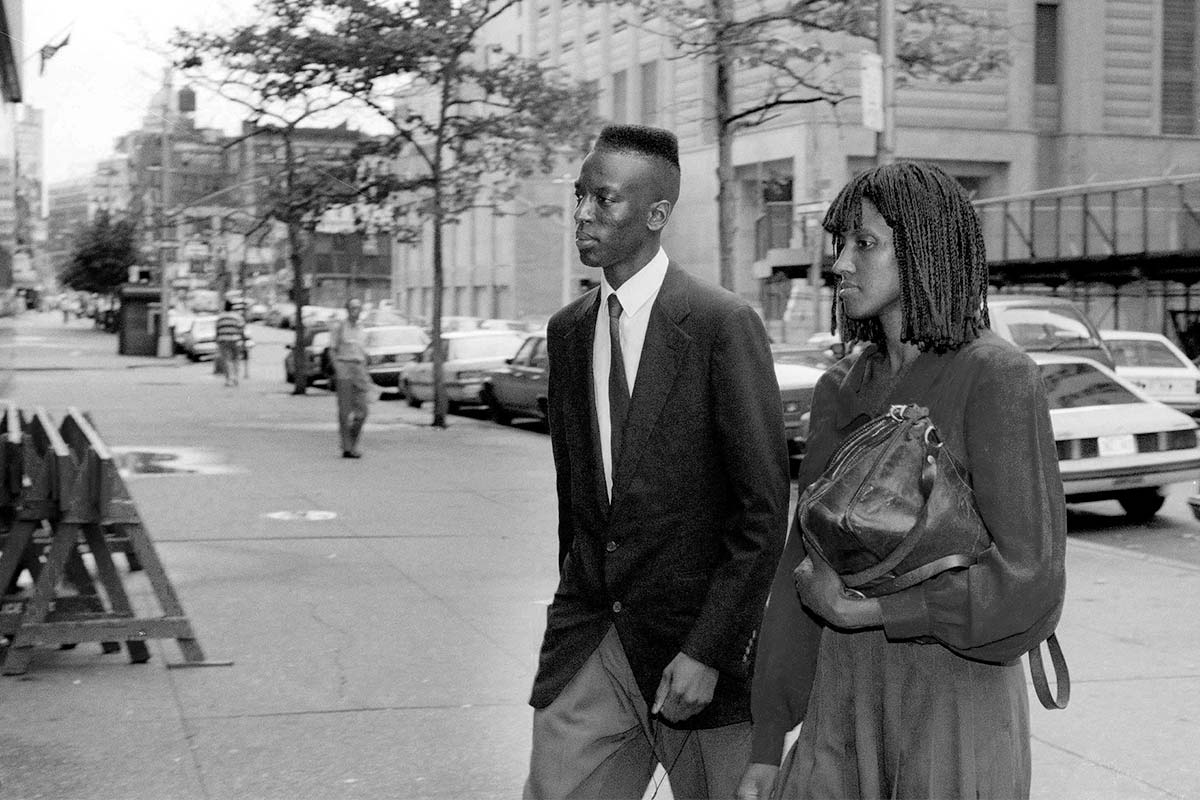Indiana Passes First Eyewitness Identification Reform Bill, Tackling a Leading Cause of Wrongful Convictions
Backed by exoneree testimony and decades of research, S.B. 141 introduces key protections to ensure more reliable identifications and a stronger criminal legal system.
05.22.25 By Alyxaundria Sanford
This month, Indiana took a pivotal step toward strengthening the integrity of its criminal legal system when Governor Mike Braun signed Senate Bill 141— the state’s first eyewitness identification reform — into law. The legislation was championed by the Innocence Project and the Notre Dame Exoneration Justice Clinic.
Eyewitness misidentification has been a leading cause of wrongful convictions across the United States. It has played a role in 70% of the more than 375 wrongful convictions overturned by DNA evidence. In Indiana, 36% of wrongful convictions have involved mistaken eyewitness identification. This has resulted in a cumulative 245 years of unjust imprisonment for innocent individuals.
S.B. 141 introduces three critical reforms to eyewitness identification procedures in Indiana:
- Law enforcement must now inform witnesses that the accused may or may not be present in the lineup and that they will continue their investigation whether or not an identification is made, reducing pressure to make a selection.
- Non-suspect fillers chosen for lineups must resemble the witness’ description and the suspect should not noticeably stand out from the fillers.
- Witnesses’ confidence levels at the time of identification must be recorded, providing context for the reliability of their testimony.
Additionally, S.B. 141 stipulates that if facial recognition technology is used to identify a suspect, law enforcement must corroborate this identification with additional evidence before proceeding with a lineup, ensuring that facial recognition alone does not serve as the sole basis for suspect identification.
With the adoption of these reforms, Indiana is the latest state to standardize its identification procedures and consider model practices for conducting lineups which are backed by over four decades of research and have broad support from scientists, law enforcement, and prosecutors.
“I am proud of the work done by the Notre Dame Exoneration Justice Clinic and our partners as well as exonerees like Leon Benson who relived his trauma and shared his story to prevent future miscarriages of justice,” Jimmy Gurulé, the director of the Exoneration Justice Clinic and a professor at Notre Dame Law, said in a statement. “We look forward to the next legislative session when we will continue to advocate for policies and legislative reforms that prevent and address wrongful convictions.”

Leon Benson testifying at the Indiana Senate hearing in February 2025. (Image: Courtesy Leon Benson)
In 1999, Mr. Benson was wrongfully convicted for a 1998 murder in Indianapolis. The prosecution’s case primarily relied on an erroneous identification from a witness who observed the attacker from approximately 150 feet away in near darkness and another unreliable identification from an individual with a history of mental illness and a personal grudge against Mr. Benson. No physical evidence linked him to the crime.
Since his release and exoneration, Mr. Benson has been an outspoken advocate for criminal legal reform, emphasizing the dangers of eyewitness misidentification.
“I hope that by being behind this bill, it would urge people who are in power to give people like me an opportunity to get in a position to get the job done,” Mr. Benson, who testified before the Indiana Senate Committee in support of the bill, said. “I think this encourages other exonerees to use their platform to push things to make it better.”
S.B. 141 addresses a longstanding issue that was also evident in the cases of Innocence Project clients William Barnhouse and Larry Mayes, both of whom were wrongly convicted in Indiana. Mr. Barnhouse spent 25 years in prison for a 1992 sexual assault conviction based largely on a suggestive roadside identification; he was exonerated by DNA evidence in 2017. Mr. Mayes was wrongfully convicted in 1982 after the witness identified him under hypnosis — a fact withheld from the jury. He served 21 years before DNA testing cleared his name in 2001. Both cases exemplify the catastrophic consequences of flawed identification practices.
While S.B. 141 marks significant progress, it does not include all recommended best practices by leading scientific and legal authorities. Notably, it omits the requirement of double-blind administration where the lineup administrator also doesn’t know who the accused is to prevent them from unintentionally influencing witnesses. The Innocence Project will continue to advocate for the adoption of double-blind lineups in the future as well as support implementation as a next step. The organization will collaborate with public defenders and police on a series of training sessions on the new law, emphasizing the importance of unbiased procedures.
“Indiana took a positive first step towards addressing erroneous eyewitness identifications with the passage of S.B. 141,” said Innocence Project State Policy Advocate Winnie Ye. “We look forward to continuing to collaborate with policymakers and law enforcement stakeholders on future reforms and trainings to guarantee that all best practices are one day implemented and Indiana maintains the highest standards of criminal justice.”




Leave a Reply
Thank you for visiting us. You can learn more about how we consider cases here. Please avoid sharing any personal information in the comments below and join us in making this a hate-speech free and safe space for everyone.